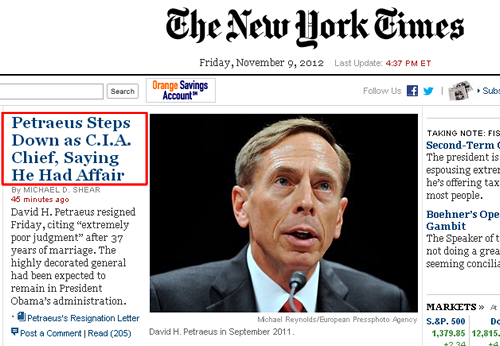 |
| Cheers to Fr. Z! |
Fr. Z has a good post today.
Starting with the question from a reader:
I am curious about the appointment of pastors (specifically diocesan priests). The bishop in the diocese I grew up in (usually) assigns pastors for life. The bishop of the diocese I now live in assigns them to six year terms which can be renewed for an additional 6 years. What does canon law say about this matter? I can see advantages to both systems.And Fr. Z answers:
Thank you for your service to the Church!
In the universal (Latin) law, pastors (parish priests) are appointed “for an indeterminate period of time,” (can. 522) and can only be removed for specific reasons and following a set procedure for doing so (canons 1740-1752). However, canon 522 does permit the Bishops’ Conference to establish a “specified period of time” for a pastor’s term of office. In the United States, the Bishops’ Conference set the norm that pastors can be appointed either indefinitely, or “to a six year term of office. The possibility of renewing this term is left to the discretion of the diocesan bishop.” This norm was approved by the Holy See and promulgated on 24 September 24 1984.I agree with Z!
In my opinion the notion of a “term” for a pastor is an unhealthy thing overall.
It seems to me that the main reason for term-limits is to relieve the bishop from having to deal with conflict.
C-C-C-Conflict!
If a pastor is ineffective, or problematic, or simply ill-suited to that particular parish, the juridical procedure for removing him from office is fairly straight-forward. However, it the procedure allows a pastor to argue his case as to why he should not be moved. The bishop then has to make a decision about how to proceed. Press and fight or compromise? He is forced to deal with an unhappy pastor.
With the term-limited-pastor scenario, all a bishop has to do is wait out the problematic priest and then inform him that be is being moved. No room for discussion. No appeal. No loose ends. No conflict. Easy peasy. Great for the bishop.
Good for the priest and parish? Probably not.
Term-limits, from what I understand from priests who are pastors of parishes, undermine the priest’s ability to develop a sense of spiritual fatherhood in regard to his parish. If he’s only going to be there for six years, he spends one or two years settling in, finding the keys, learning the streets, etc. He spends a couple years actually “pastoring” the place. Then he figures he’ll be moved and starts hesitating about undertaking projects. He starts getting in head and heart ready to move.
Think of how long it took St. John Vianney to put his “pastoral program” into effect in Ars. What would have happened had he only been there for six years?
Furthermore, the term-limit gives people the impression that the priest really isn’t running the parish. The priests come and go, but the parish secretary, book keep, council, liturgist, etc., stay. Who is running the place? Not the priest, apparently.
I know priests who say that they think are getting to know the place well when they start baptizing the children of the first children they baptized.
I also have the impression that more priestly vocations come from parishes were there has been stability in the pastorate. In my own case, Msgr. Schuler was at St. Agnes for 33 years as pastor. In that time, there were 30 First Masses at St. Agnes. Coincidence? I think not.
Pros? Yes. A few. Cons? More.
Thumbs down.
The 6-year term with the up to 6 more policy is awful. I tend to side with Fr. Z whole-heartedly on this issue.
A few of my own thoughts on the issue:
2. On the "turning into a bugger" thing? Coincidentally, our diocese has a policy that if a pastor turns 64 in a parish and chooses not to retire, he may remain in that parish until he retires or dies. Doing the math, a priest is 52, get his 6 and 6, is then 64, decides to hang in but turns into a bugger somewhere down the line. According to our rule, he still stays in the parish til he retires or dies. However, this is called "reward for service". And this leads to the most uncharitable of thoughts, people praying for his retirement or....DUN DUN DUNNNNN!
3. Fr. Z used the example of the Cure' d'Ars, St. John Vianney. Note that his "nickname" is the Cure' d'Ars. That means he is identified with the little French town where he thrived as a priest, confessor and formator of souls. Pastors who have a life term are not only leaders of their parish but they are formed by their parish as well.
 |
| Life on the road=groupies. Just ask KISS! |
 |
| Or if you follow the "celibacy makes a good soldier on tour of duty" narrative.... |
Instability in assignments leads to instability in parishes and then soon you may have small groups of elderly people gathering in a small building listening to a word service led by a retired layman or laywoman while the young people turn away or subsist without any proper formation in the Faith.
Imagine that!
*I never asked what a bugger is but judging from our Brit friends, it's not good.

